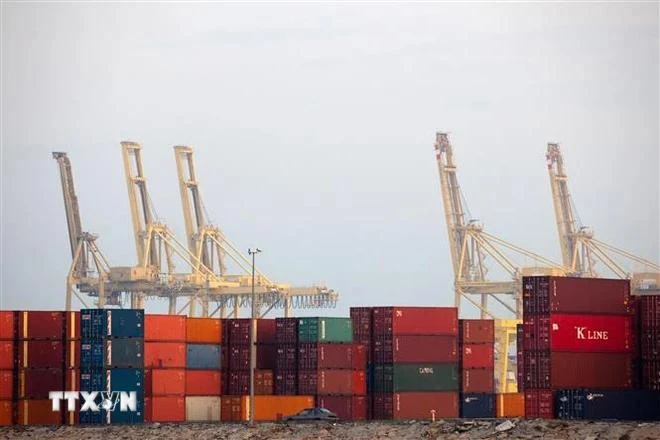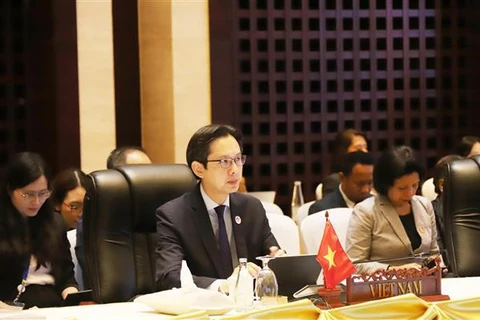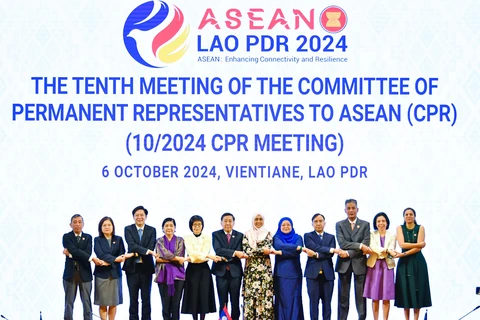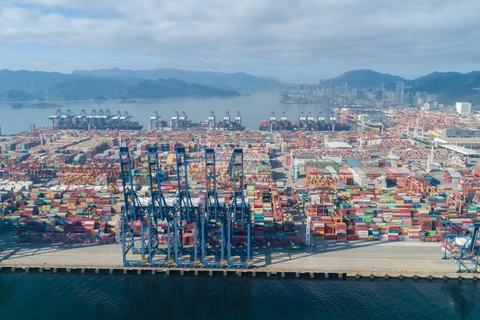
Kuala Lumpur (VNA) – Malaysia has proposed three key strategies to strengthen the economic resilience of the Association of Southeast Asian Nations (ASEAN) amid slowing global growth, rising geopolitical tensions, and increasing economic fragmentation.
Speaking at the 24th ASEAN Economic Community Council meeting in Laos on October 7, Malaysia's Minister of Investment, Trade and Industry Zafrul Abdul Aziz said the first strategy is that ASEAN must fully leverage its trade potential with strategic and emerging economies, which will mitigate the impact of growth deceleration, stagnation and imbalances in traditional economies. By diversifying markets, ASEAN can reduce the impact of global demand fragility on ASEAN's growth potential.
The second strategy emphasises the need to boost intra-ASEAN trade to its fullest potential to develop regional economic strength and shield ASEAN from global shocks.
Minister Aziz urged ASEAN’s 10 member states to eliminate trade barriers and avoid inward-looking policies, which could harm economic growth as well as people in the long term. He also called for completing negotiations on the updated ASEAN Trade in Goods Agreement (ATIGA) by 2025 to enhance regional integration.
The third strategy focuses on enhancing the bloc's resilience and agility by developing robust mechanisms to manage economic volatility, investing in future-oriented industries, and strengthening regional cooperation.
Post-2025, he said, ASEAN should strengthen its position in embracing sustainability and climate response, building a digitally resilient ASEAN, and ensuring the centrality of inclusivity in its initiatives, particularly for micro, small, and medium-sized enterprises (MSMEs), to ensure that no one is left behind and to narrow the development gap.
Minister Aziz concluded by thanking Laos, ASEAN’s 2024 Chair, and expressed his hope for steering the region towards the post-2025 agenda in promoting regional economic integration and in the collective pursuit of turning ASEAN into the world’s fourth-largest economy by 2030./.






















